Julian Assange may live in Australia under new deal: lawyer
The Albanese government has asked the United States to close the case against WikiLeaks founder and allow him to return to Australia.
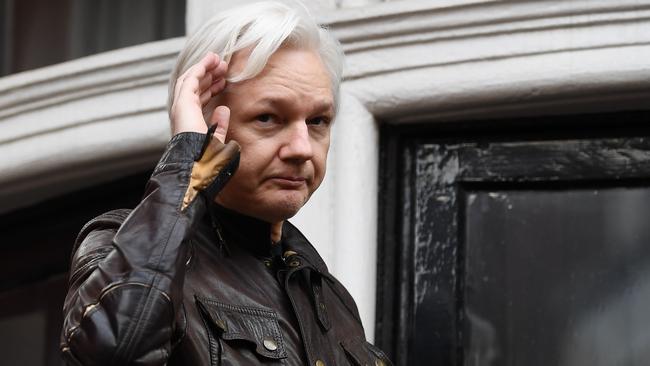
Julian Assange’s wife says she will move to Australia with their two children if a political outcome between Five Eyes allies Australia, Britain and the United States results in him being freed and released to his home country.
On the eve of a crucial British High Court appeal decision which could confirm Assange’s extradition to the United States next Monday, Stella Assange said that among the possible court outcomes, one could be that her husband could walk free.
She told a meeting of the Foreign Press Association in central London: “I believe anything could happen, Julian could be extradited or he could be freed. It is important to have in mind, this (extradition case) has gone on for over five years, and he has been in the UK’s most notorious prison the entire time and in one form of detention or another for longer.’’
Interestingly, Assange’s lawyer Jen Robinson appeared to indicate that behind the scenes the Australian government was lobbying the Americans to drop the extradition case and as part of the deal, have Assange return to Australia.
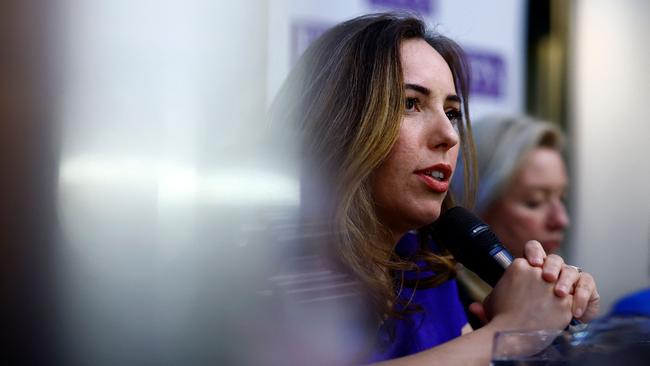
She said: “The (Australian) prime minister has said Australia has been raising it at very high levels and has repeatedly done so. Our lawyer general has met with the US lawyer general, raising the matter at the highest levels. We hope the US accedes to Australia’s request that the case be closed and Julian returns to Australia.”
If that was the case, Mrs Assange – born as Sara Gonzalez Devant in South Africa with Swedish, Spanish and British citizenship – and their two children, Gabriel, who turns seven today, and five year old Max both born and raised in the United Kingdom – would follow.
Mrs Assange, an international lawyer, said: “I will follow Julian wherever he goes and wherever he is safe, Julian misses Australia and I am very keen to travel to Australia with the kids and show his whole country to our children.”
For her it would be a huge upheaval, but enormous relief. “I’ve only been (to Australia) once, and for a few days, so I will follow him wherever he goes and his safety is the most important thing.’’
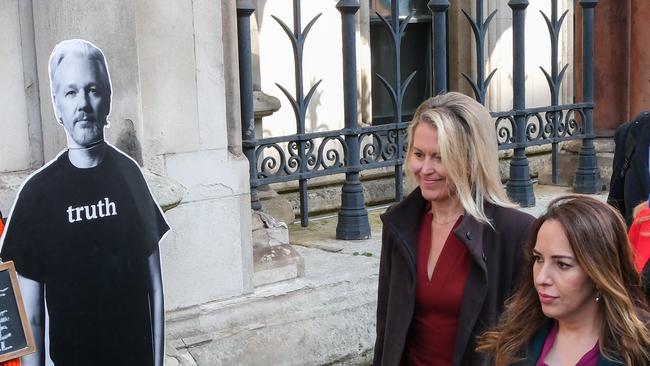
Previously the British court had been reassured that mentally fragile Assange, deemed such a high suicide risk that the US extradition was initially denied, could serve any sentence imposed by a US court back in Australia. This was to ensure he would not be subject to the strict special isolation measures the US justice system may impose.
But it appears political pressure and negotiations may provide a way for Assange to walk free.
Mrs Assange, 40, said the Australian government’s backing of Assange’s freedom “has been crucial” and “potentially decisive”.
She said: “The Australian government’s decision to back Julian’s freedom has been crucial, it has I think changed the direction that this can go in a decisive way potentially. Our battle up until the Albanese government was that the Australian administrations were complicit, I say, in abandoning Julian and facilitating the US persecution.
Of late she has been heartened by the Valentine’s Day parliamentary resolution calling for Assange to be freed.
“The backing of Julian is across the board, for without the backing of your government, you have no chance of release,’’ she said.
The parliamentary motion, moved by independent MP Andrew Wilkie passed with 86 votes in favour, including that of Mr Albanese, and 42 against.
The Americans want Assange to face 18 charges, most of them relating to espionage for conspiring to obtain and releasing war logs and secret US documents relating to the Afghan and Iraq wars in 2010.
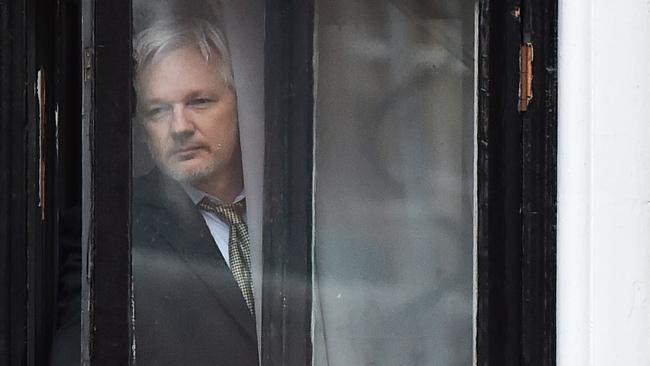
Monday’s British high court decision will centre around assurances sought by the judges that if he is extradited to the US Assange will not face the death penalty and that he would not be discriminated against because of his foreign nationality.
US citizens have the protections under the constitution and the US government has told the court Assange has the ability to raise and seek to rely upon the first amendment, but confirmed that particular decision was exclusively within the purview of the US courts.
At Wednesday’s foreign press conference the WikiLeaks editor in chief Kristinn Hrafnsson accused the British judicial system of corruption. He said “it is abundantly clear the process in the court in the UK is corrupt. The case is rigged against Julian.’’
Mrs Assange said the high court judges could decide the close the case allowing Assange to walk free, or they could accept the US assurances and Assange could be extradited almost immediately, pending an emergency injunction sought at the European Court of Human Rights. Another possibility is for the judges to allow a full appeal to the high court, which would be heard at a future date.



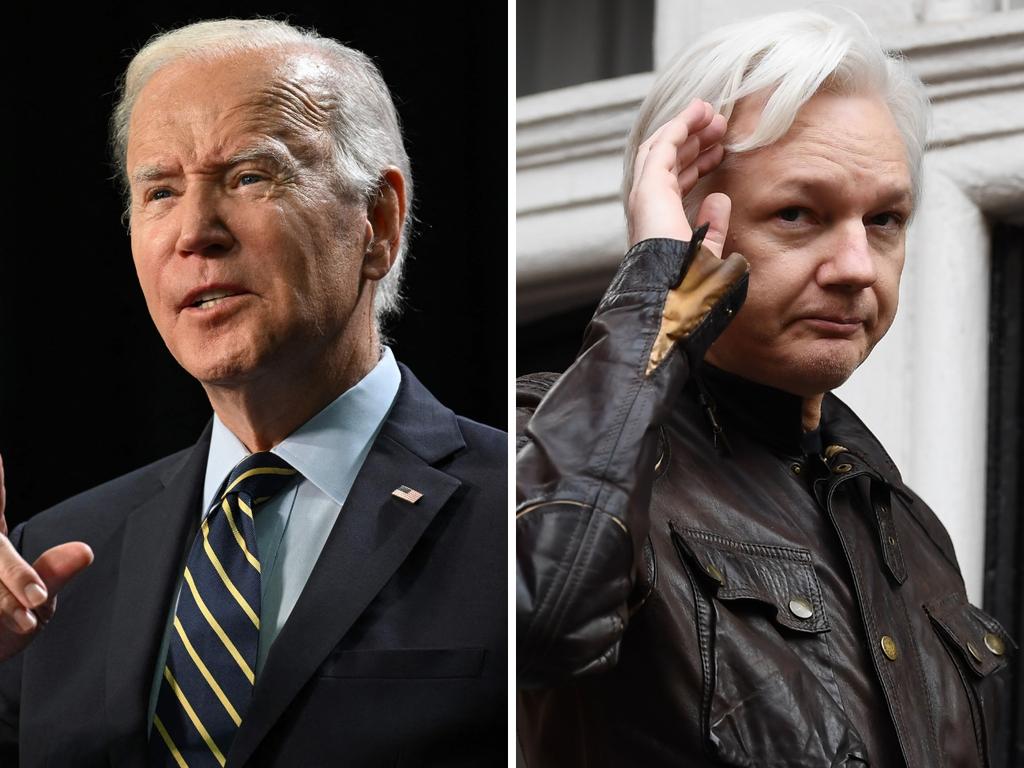




To join the conversation, please log in. Don't have an account? Register
Join the conversation, you are commenting as Logout